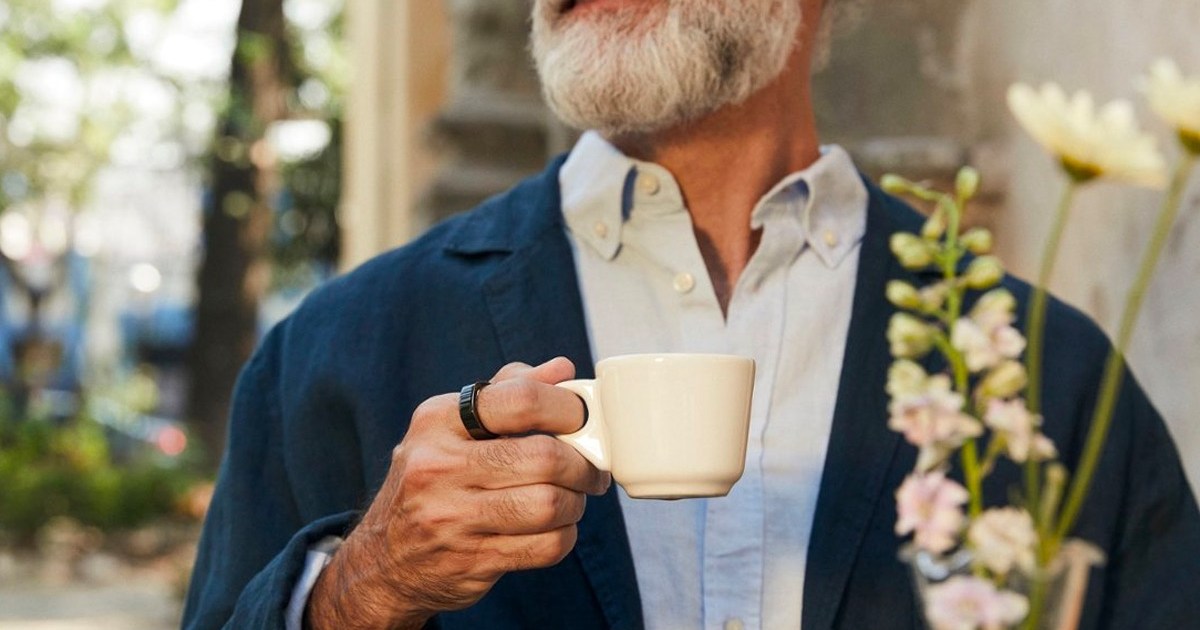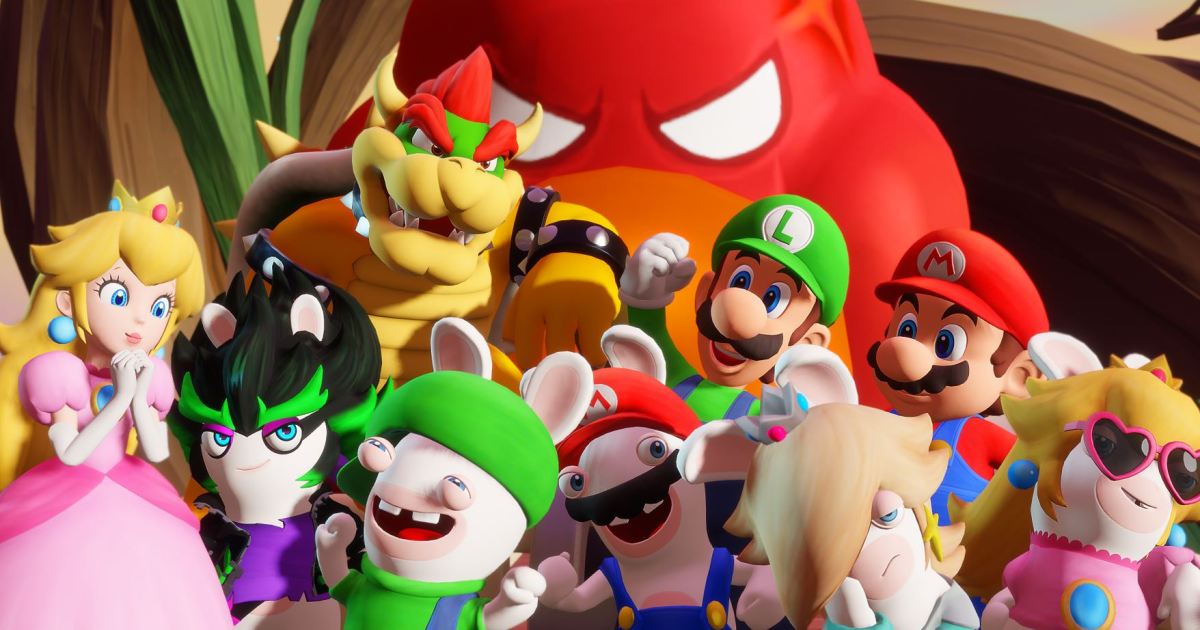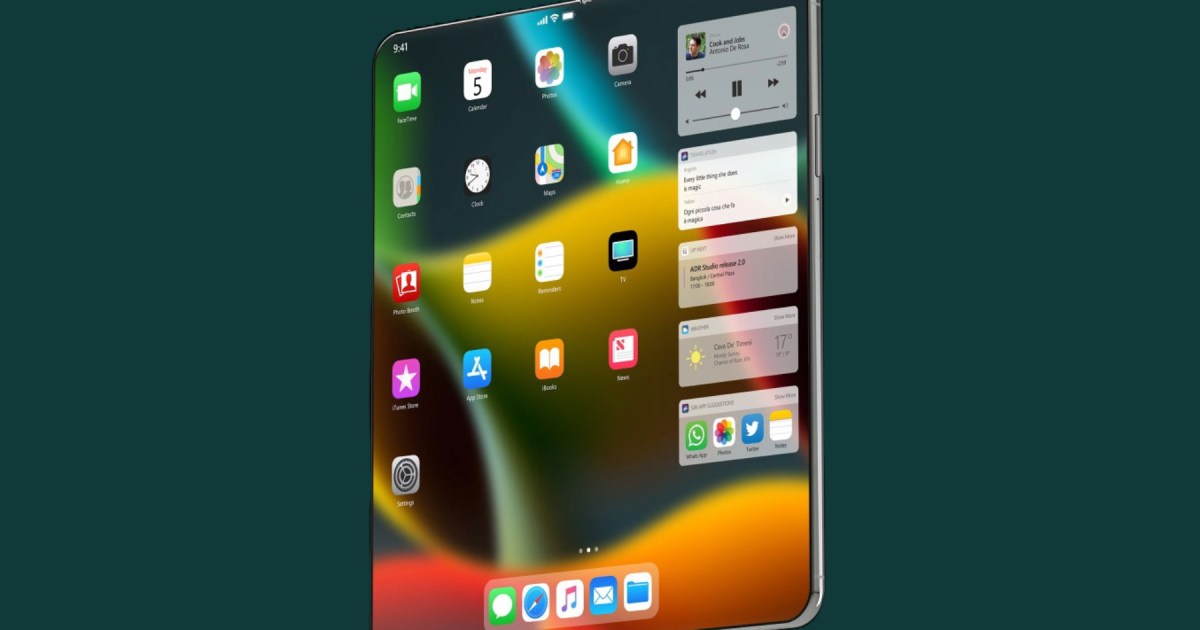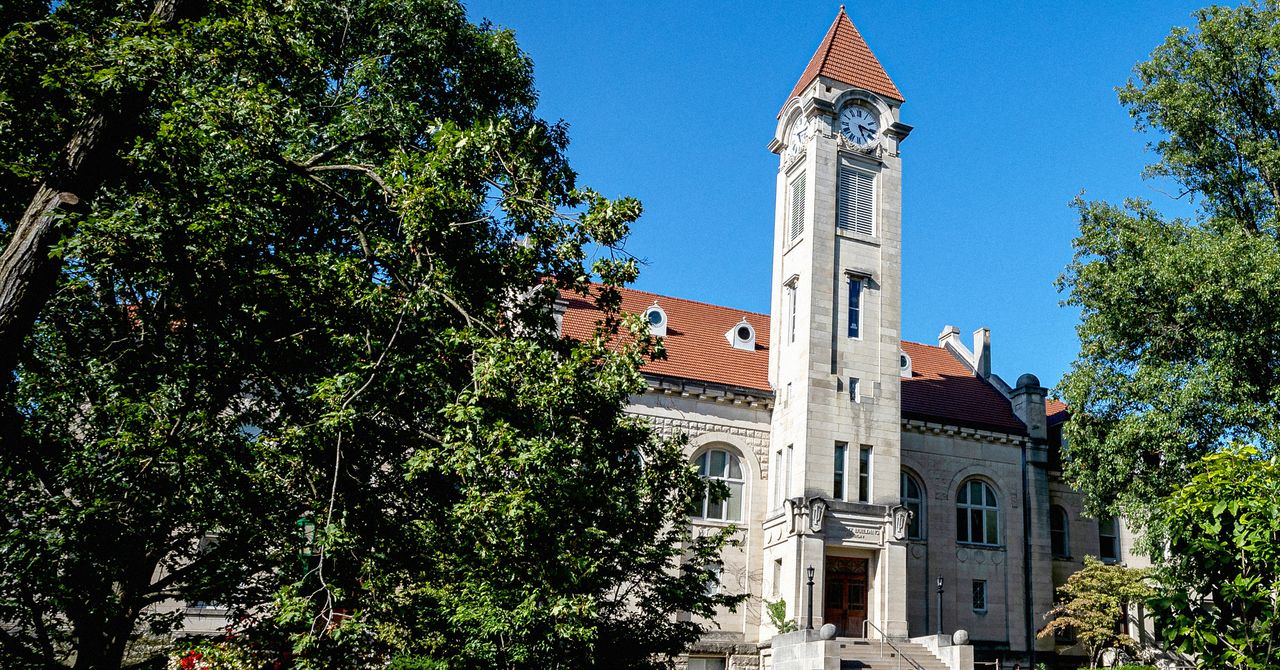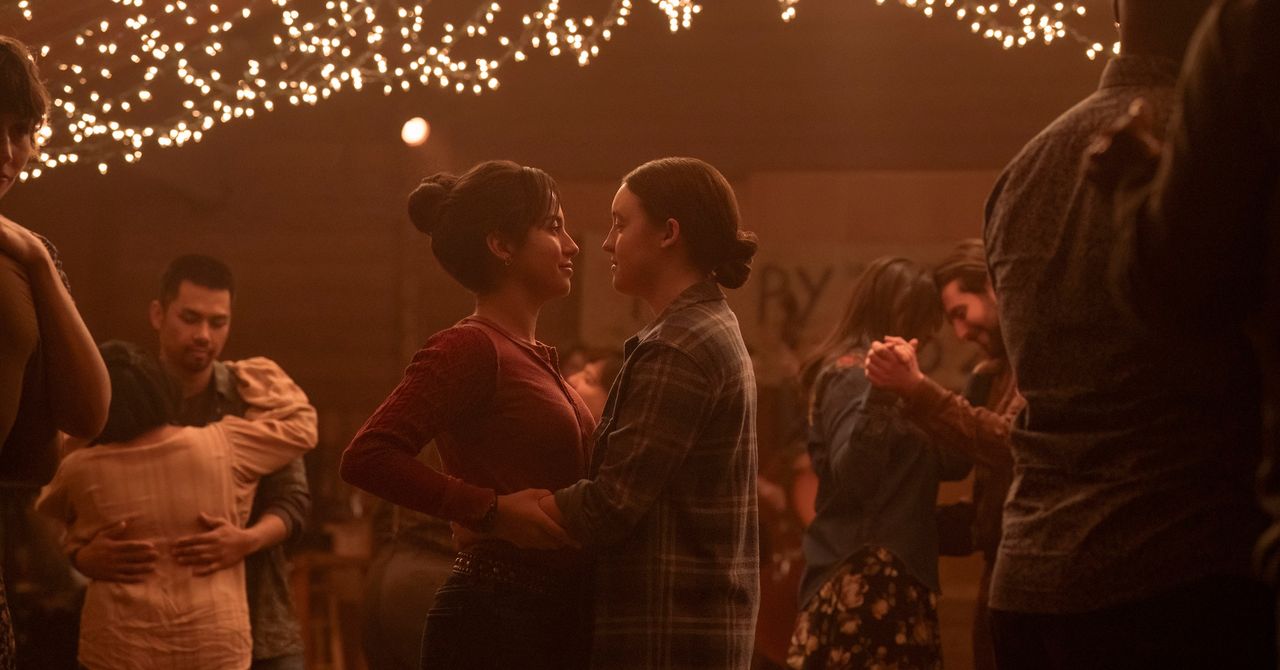
The True Meaning of the Final Moments of the Season Premiere of "The Last of Us."
In the premiere of the second season of "The Last of Us," Ellie is the target of a homophobic insult. Craig Mazin notes that this highlights the consequences of a lack of progress in humanity.
In the premiere of the second season of The Last of Us, Ellie, played by Bella Ramsey, experienced a feeling that many members of the queer community may recognize. It’s the unsettling sensation of showing love in public, feeling the disapproving eyes of onlookers—an experience that doesn't stem from the infected zombies but from an individual with prejudices. That moment reflects the show’s central tension, where creator Craig Mazin comments that part of humanity remains trapped in 2003, the year the world ends in the series. This resurgence of fear in post-apocalyptic times has caused some people to cling to prejudices, while others, in attempting to rebuild familial ties, accept those they wouldn’t typically consider allies.
Mazin asserts that any disturbing representation of homophobia serves as a reminder of a bygone era, and the goal of the series is precisely to not ignore this. However, portraying the queer community and queerphobia remains a delicate task. The second season takes place in a country that has changed since 2013, when the first video game was released, and 2023, when the first season aired. The situation in 2025 presents a hostile climate towards queer individuals, especially trans people who face numerous attacks from the government.
Neil Druckmann, co-creator of the game and the series, acknowledges the need to balance queer narratives within a world grappling with current debates about trans rights. However, he believes that his focus on the story is not influenced by external pressures. The series, based on the video games created by Naughty Dog, has received both praise and criticism for its LGBTQ+ representations. Despite the controversies, many fans have embraced the queer characters, although some have criticized the use of previous names for trans characters.
Queerness in The Last of Us also symbolizes a way to build community in a reality where many have lost their families. The apocalyptic narrative illustrates a world divided into sects and groups seeking vengeance, where queer communities, accustomed to forming chosen families, present an alternative for rebuilding society. The series has found key moments to explore these themes, such as in the episode "Long, Long Time," where two completely different characters find love amidst chaos.
Creating this world also carries challenges. The series reflects a search for an idealized past that, in reality, did not benefit everyone. In the second season, the community of Jackson, Wyoming, becomes a microcosm of the past, where old discriminatory attitudes resurface. Mazin points out that in their quest for safety, some characters repeat old homophobic behaviors.
Audience reactions have also been diverse. After episodes with strong queer representations, there have been negative reactions, although mostly from a vocal minority. Criticism has come not only from the public but also from some gamers irritated by the representation of LGBTQ+ characters in video games, who believe some narrative decisions fall into typical traps of the medium.
In the end, The Last of Us continues to unfold complex queer characters and a narrative that challenges stereotypes. The series prompts reflection on humanity in its various facets, while confronting criticism and love, creating a space that embraces discomfort as part of its storyline.
